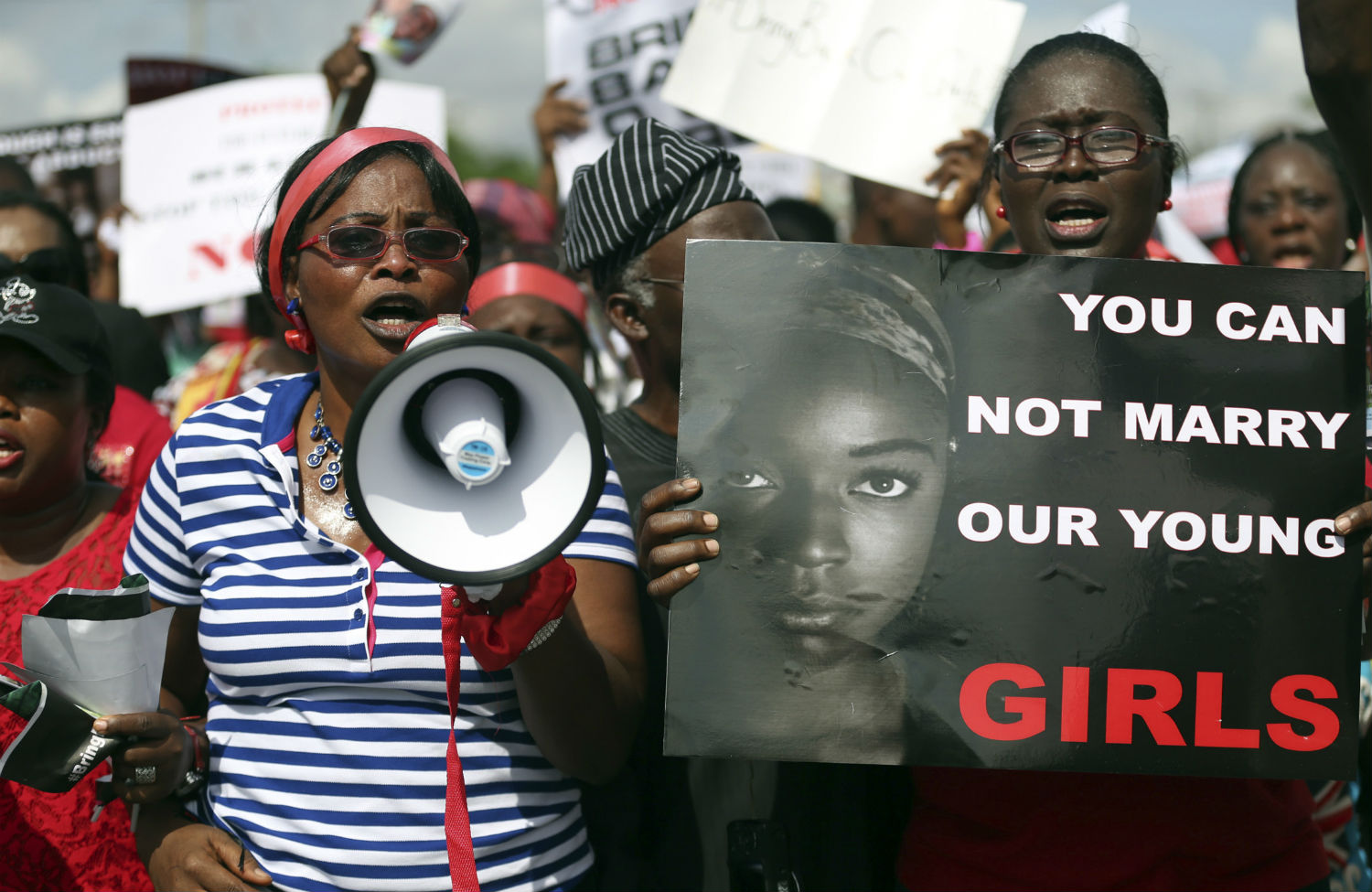Among the violence being perpetrated against Nigerians, the act of kidnapping has been wreaking havoc on family units across Nigeria. According to the Terrorism Research and Analysis Consortium TRAC the legal definition of kidnapping is the taking away of a person by force, threat, or deceit, with intent to detain that person against his will. Kidnapping may be done for ransom (economic reasons) or for political or other purposes. In history, under common law, kidnapping was only a misdemeanor, but in different parts of the world as in most states of the United States, the practice is now punishable by death or life imprisonment.
There are very few instances of trauma, than the ones suffered by kidnapped victims and their families in South Eastern Nigeria. As a fall out of the militancy of the Niger Delta, where expatriate oil workers were abducted in exchange for ransom, the dangerous trend moved to the South East where a violent franchise of kidnapping has evolved into one of the most tragic organised crimes ever seen in Nigeria.
There are several stories of such incidences in the South East that often times have ended in the death of the kidnapped victim. An acquaintance narrated to me once, that after selling of family assets worth 12 million Naira to get reprieve from the kidnappers, they got a call from the kidnappers to come and pick up their relation on getting to the agreed spot -they sight that greeted them is one they will never forget in a hurry. They saw the corpse of their beloved, the rope that was used in strangling him still around his neck.
Some states have tried to curtail the menace with the extreme deterrents like death sentence for culprits. However, not even the notion of capital punishment has been able to deter those intent on kidnapping; the reason is not far fetched very few crimes have the same return on investment like kidnapping. Playing on the filial attachment of victims and their relations, they know that what ever happens, ransomes will be paid.
It is this specific assumption which most often than not plays out that has ensured that kidnapping thrives as an organised crime with ransomes being the grease oiling the racket. The argument has also been that families should stop paying for the freedom of their beloved ones, but the fact remains that emotional ties will always override any idealism of frustrating the aims of the kidnappers for at the end of the day a reunion with a loved one is better than the funeral of a loved one.
Communities have also been singled out for not doing enough oversight functions, at a time when values have largely been exchanged for material benefits; we hardly question people who have appeared with questionable stupendous wealth. The employment of personal and security tracking devices will also go a long way in ensuring that investigating kidnapping cases comes with a head start. In the end, residents of states prone to kidnapping must ensure their personal safety at all times.
As a write this the news reports are awashed with the kidnap of a German in Adamawa State, fingers are pointing in the direction of violence; most importantly we are fast approaching day 100 since the abduction of students of GGSS Chibok. There hasn’t been any head way in getting them released; the traumatic abduction has ensured that seven parents have been sent to their early graves.
Alkasim Abdulkadir is currently an Editor at Citizensplatform.net, an Online News portal. He e has worked as a Producer for BBC Media Action and as a news contributor for CNN, Aljazeera, France 24 and Guardian UK. He is Contributing Editor at The Trent.
The opinions expressed in this article are solely those of the author.







